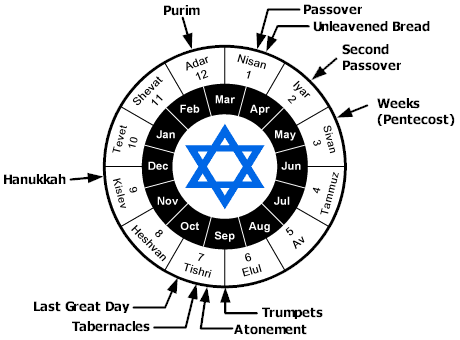- Jun 21, 2009
- 10,783
- 414
The "Busted Halo" describes itself as an online magazine for spiritual seekers. The article asks the question: Is the date of Jesus’ crucifixion in relation to the Passover different in the gospel of John than in the other gospels?
Fr. John (a contributor) tackles the question:
So far, we've heard from several sources and my conclusion remains the same: Jesus is our Risen Lord. Even the OP agrees.
Fr. John (a contributor) tackles the question:
Fr. John said:In the synoptic gospels, Jesus; “last supper” is clearly a Passover meal (Matt.26:17-20, Mark 14:12-17, Luke 22:7-16). Therefore, the crucifixion and death of Jesus takes place AFTER the passover meal. In John’s gospel, the “last supper” is described as a meal that takes place BEFORE the Passover (John 13:1). In John’s gospel, Jesus dies on the cross ON Passover. This enables John to make the theological and spiritual point that Jesus, the true “Lamb of God,” dies at the exact hour that the lambs that will be used for the Passover meals are being sacrificed in the Temple.
Some Scripture scholars have tried to reconcile this difference by pointing out that some groups of Jews in Jesus’ time, such as the Essenes, celebrated the Passover on a slightly different date–just as some Eastern Christians today celebrate Christmas on January 6 while Western Christians observe the feast on December 25. Thus all Jews in Jerusalem would not have been eating their Passover meal on exactly the same evening.
However, the discrepancy in dating is perhaps best explained with the realization that the author of the gospel of John was not concerned about dates in the way modern historians are, but was giving a testimony of faith about his community’s experience of the risen Lord.
While no one truly knows the exact YEAR of Jesus’ death, based on the information we have from the gospels most scholars fix the date at around 30 A.D.
So far, we've heard from several sources and my conclusion remains the same: Jesus is our Risen Lord. Even the OP agrees.
We know for sure that our Lord [is] risen...
Last edited by a moderator:






